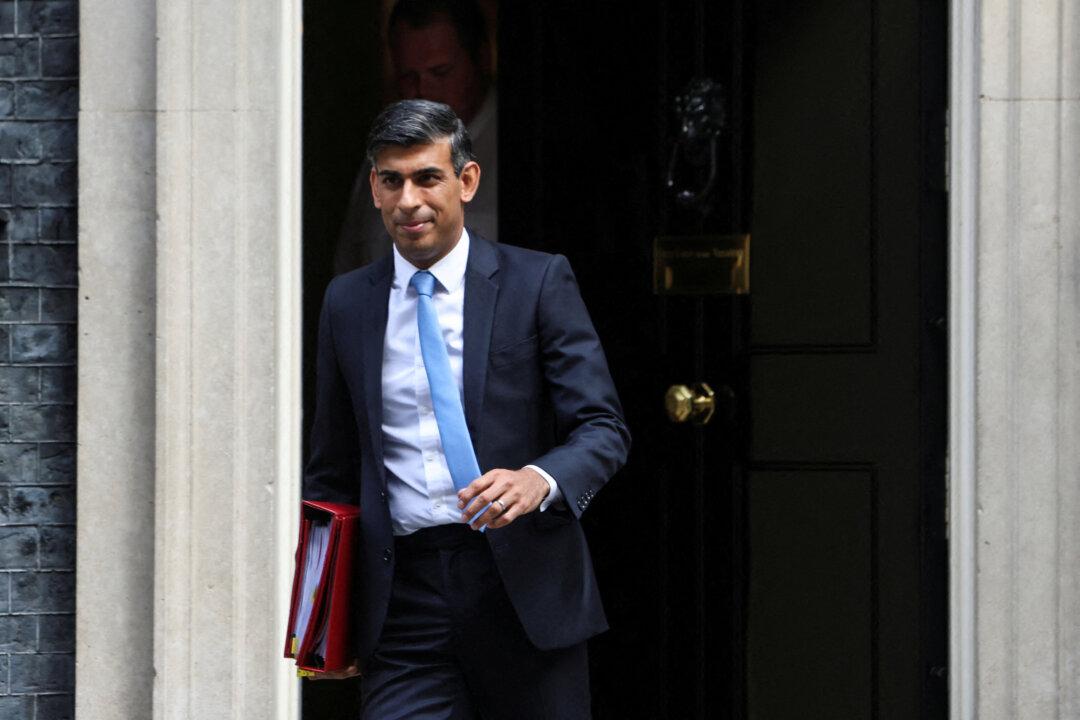The National Trust, one of the UK’s most prominent conservation organisations, has expressed concern over the recent policy u-turn by Prime Minister Rishi Sunak on the date for climate targets.
In a statement posted last Thursday on X (formerly Twitter), the National Trust called on the government to reconsider its position, emphasising the significance of maintaining progress towards net zero emissions.





